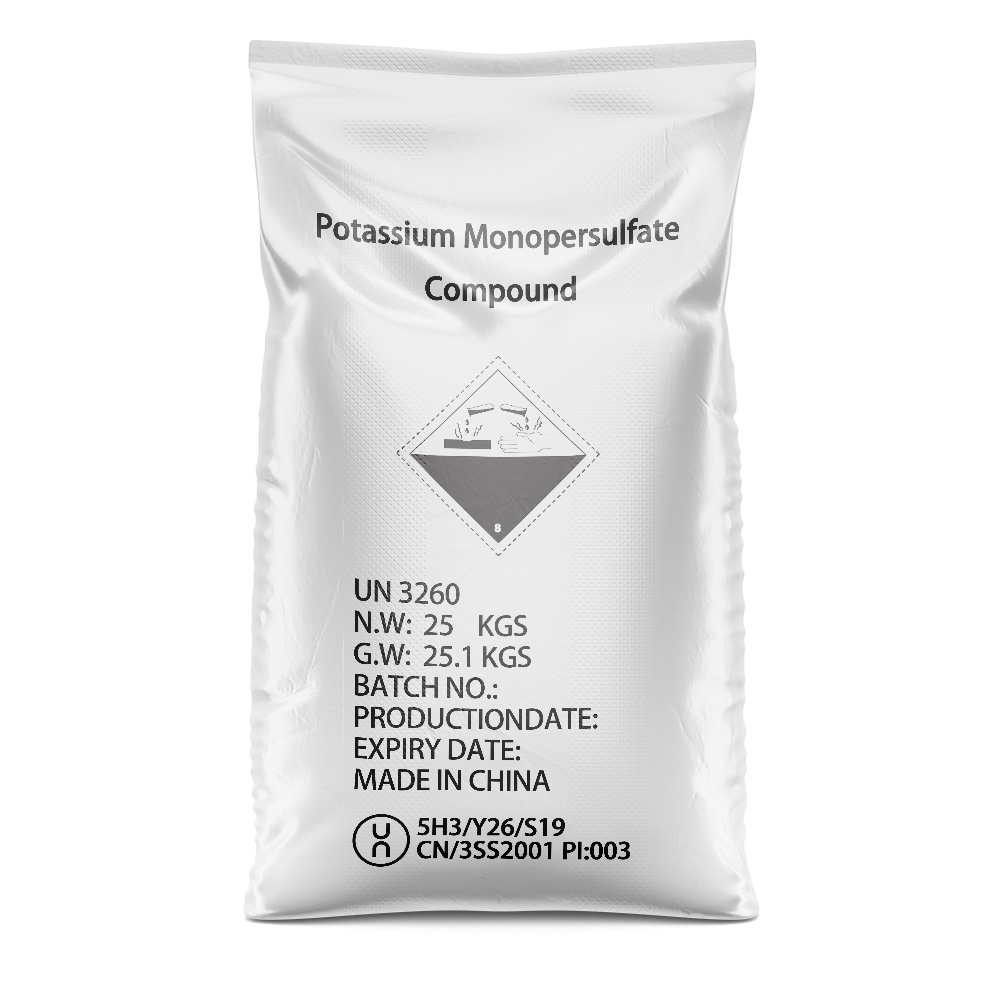



neutralizer water treatment
Neutralizer Water Treatment Ensuring Safe and Clean Water for All
Water is essential for life, but its purity is often compromised by various pollutants and contaminants. One solution to ensure safe drinking water is neutralizer water treatment, a process designed to correct the pH balance and remove harmful substances from water. This treatment is especially crucial for areas where water sources are affected by industrial activities or agricultural runoff.
Neutralizer water treatment systems primarily focus on balancing the pH levels of water. Many natural and municipal water supplies can exhibit acidic characteristics due to the presence of carbon dioxide, organic matter, and other acidic substances. When water is too acidic, it can cause a range of issues, including corrosion of plumbing systems, leaching of heavy metals, and detrimental effects on aquatic life. To combat this, neutralizers introduce alkaline substances into the water, effectively raising its pH to a more neutral level (around 7). Common materials used in this process include calcium carbonate, lime, or sodium bicarbonate.
The benefits of neutralizer water treatment extend beyond just improving pH levels. This process helps mitigate the risks associated with metal leaching, especially lead and copper, which can pose severe health risks when consumed. By neutralizing the acidity of the water, these treatment systems can significantly reduce the corrosive properties of the water, thus preventing harmful metals from dissolving into the supply.
neutralizer water treatment

Moreover, neutralizer water treatment is not solely about chemical balance; it also plays a vital role in the overall safety of water. By using advanced filtration methods in tandem with neutralizers, treatment facilities can eliminate a wide array of contaminants, including bacteria, pesticides, and other harmful chemicals. This multi-barrier approach ensures that the water reaching consumers is not only safe but also of high quality.
The implementation of neutralizer water treatment systems can vary based on the specific needs of a community or region. In residential settings, small-scale systems can be installed to treat incoming water supply, whereas larger municipal systems can cater to entire populations. The choice of technology often depends on the severity of water quality issues, budget constraints, and local regulations.
In addition to being an effective solution for acidic water, these treatment systems also contribute to sustainability efforts. By ensuring that water remains safe for consumption and minimizing the environmental impact of leaching metals, neutralizer water treatment aligns with global goals of preserving water quality and protecting ecosystems.
In conclusion, neutralizer water treatment is a critical component in providing safe, clean drinking water. By addressing pH imbalances and removing contaminants, these systems help safeguard public health and the environment. As awareness of water quality issues continues to grow, investing in robust neutralization technologies will be key to ensuring that future generations have access to safe and sustainable water resources.
-
Why Sodium Persulfate Is Everywhere NowNewsJul.07,2025
-
Why Polyacrylamide Is in High DemandNewsJul.07,2025
-
Understanding Paint Chemicals and Their ApplicationsNewsJul.07,2025
-
Smart Use Of Mining ChemicalsNewsJul.07,2025
-
Practical Uses of Potassium MonopersulfateNewsJul.07,2025
-
Agrochemicals In Real FarmingNewsJul.07,2025
-
Sodium Chlorite Hot UsesNewsJul.01,2025










